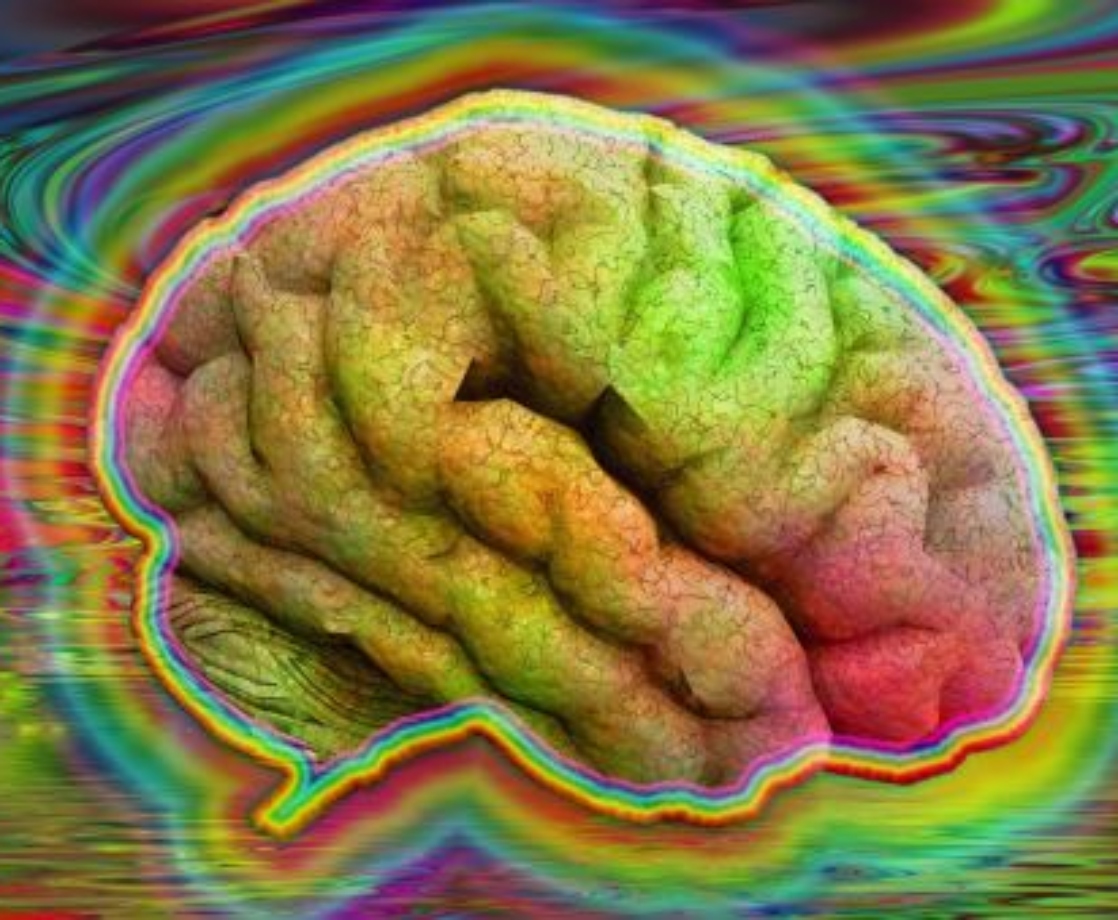Cover image via
Detroit, Michigan, just joined nearly a dozen other US cities that have decriminalized the possession and use of psilocybin, iboga, ayahuasca, and other natural psychedelics.
During this week’s election, a solid 61 percent of Detroit voters said yes to Proposition E, a ballot initiative directing the city to “decriminalize to the fullest extent permitted under Michigan law the personal possession and therapeutic use of Entheogenic Plants by adults,” Marijuana Moment reports. The new ordinance directs city police to make the enforcement of personal possession and use of these plant-based medicines their lowest priority.
Decriminalize Nature Michigan, the local chapter of a larger advocacy group working to reform psychedelics laws throughout the country, defines Entheogenic Plants as “psychoactive substances that, when ingested, induces a non-ordinary state of consciousness for therapeutic, medicinal, spiritual, or religious purposes.” The list of newly-decriminalized entheogens includes psilocybin-containing mushrooms, iboga, ayahuasca, and cacti that naturally contain mescaline.
“Obviously, we are excited by the amazing turnout of Detroit voters last night and we’re overwhelmed by the support for prop E,” said Decriminalize Nature Michigan co-director Myc Williams to MLive. “This is the momentum we needed to keep going.”
Over the past two years, local chapters of Decriminalize Nature have sprouted up in dozens of cities all across the US. The movement saw its first success in May 2019, when Denver voted to decriminalize the possession of use of psilocybin mushrooms. Since then, Oakland, Santa Cruz, Washington DC, Seattle, and four Massachusetts cities have decriminalized the use of all natural entheogens.
Michigan is also shaping up to become a stronghold of psychedelics reform. Ann Arbor voted to decriminalize natural psychedelics last year, and held a festival this September to celebrate this success. Shortly after Ann Arbor voted to decriminalize, the lead prosecutor of surrounding Washtenaw County announced that his office would no longer prosecute minor psychedelics-related crimes. Grand Rapids also just adopted a more conservative measure supporting the deprioritization of psychedelics enforcement by local police.
In addition to local efforts, Decriminalize Nature Michigan is advocating for a new bill that would bring decriminalization to the entire state. The bill, which was initially proposed by State Senator Jeff Irwin (D) in September, has yet to advance, though, so advocates are considering other alternatives. “It’s an uphill battle, but we are and have been since the beginning, formed as a ballot committee, so I wouldn’t count a 2022 (statewide) ballot initiative out of the question,” Williams said.
So far, Oregon is the only state that has managed to enact psychedelic reform on a broader level. During last year’s election, voters approved separate measures to decriminalize the possession and use of any drug and to legalize the medicinal use of psilocybin. Under this new law, licensed healthcare providers will be allowed to administer legal psilocybin as an adjunct to therapy.
Although Oregon is focusing specifically on the medicinal use of psilocybin, Michigan advocates are hoping to keep corporate interests out of the picture by focusing on more traditional uses of psychedelics. “We really want to avoid the medical model,” Williams told MLive. “Medical models are not equitable and not accessible, so we’re really focusing on the spiritual and ancestral applications of these plants, rather than the medical application as has happened with cannabis.”
Local chapters of Decriminalize Nature are now working to promote decriminalization ordinances in dozens of other US cities, and lawmakers in California, Massachusetts, New York, New Hampshire, Kansas and Vermont have introduced laws to legalize or decriminalize entheogens at the state level. Out of these, California and Massachusetts seem to have the greatest chance of successfully advancing psychedelic reform next year.











